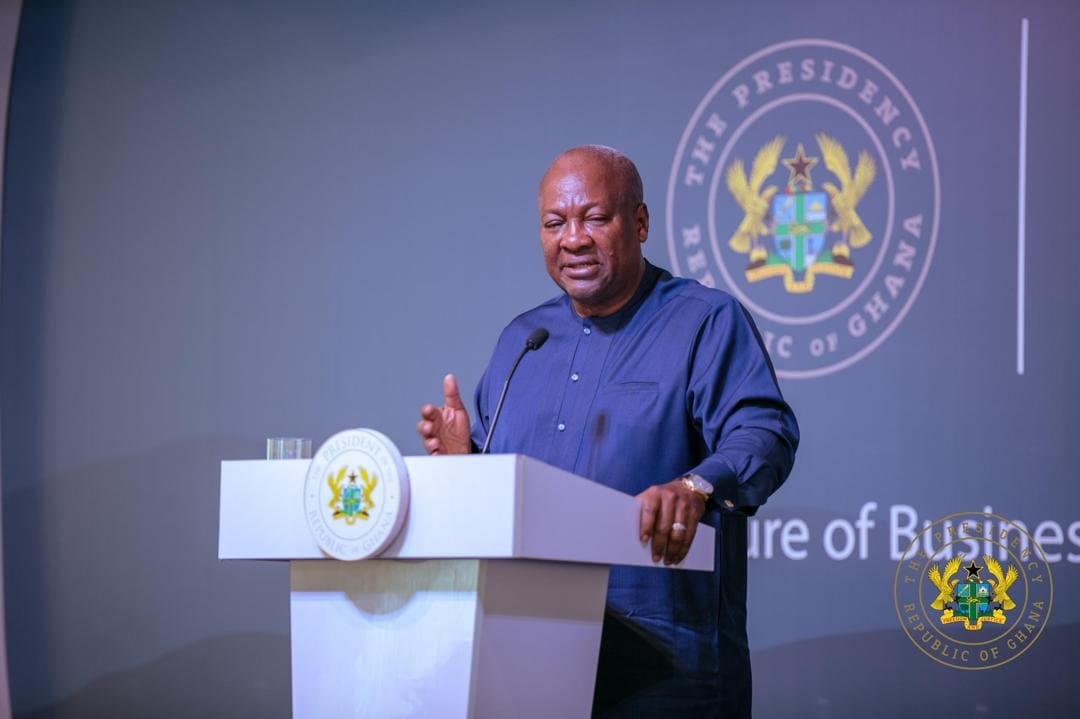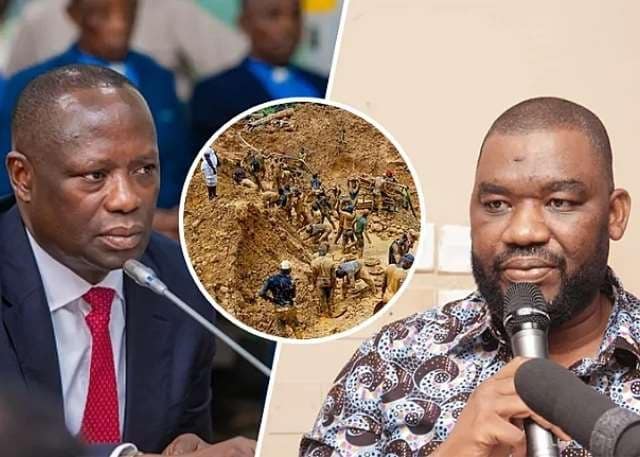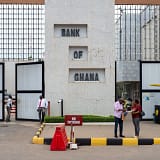News
Gov’t Opens Door for Public Input on Big Mining Policy Changes
Published
6 months agoon
By
M N Ridwan
The government of Ghana has officially started a nationwide consultation to review and update its main mining laws and policies.
This move, led by the Ministry of Lands and Natural Resources, aims to modernize the country’s mineral rules to better reflect global trends, economic shifts, and lessons learned from over ten years of practice.
In a press release, the Ministry confirmed that the Minerals Commission—the regulator for Ghana’s mining industry—is leading the process to revise both the 2014 Minerals and Mining Policy and the Minerals and Mining Act, 2006 (Act 703).
For almost 20 years, these documents have guided the country’s mining operations. But now, changes like the return of the NDC government with a new mining vision, global focus on climate change, and the rise of small-scale mining have made a review necessary.
“New trends like climate change, the growing need for transition minerals, and lessons from the past demand a fresh approach,” the Ministry said.

The review is not just about updating paperwork. It’s about repositioning Ghana’s mining sector to compete and thrive in a future where clean energy, responsible mining, and local benefits are more important than ever.
Minerals like lithium and rare earth elements—key to batteries, electric cars, and solar panels—are now central to the discussion.
The Minerals Commission has invited a wide range of people to join the conversation: industry experts, researchers, civil society groups, and everyday citizens.
People are encouraged to share their thoughts on many topics, including environmental protection, community development, gender inclusion, land use, mining taxes, and technology in mining.
“The feedback we receive will shape the future of our mining sector and ensure it works for everyone,” the Ministry emphasized.
How to Participate:
Anyone can send their suggestions by email or mail.
Deadline: June 4, 2025.
Emails:
- [email protected]
- [email protected]
Postal Address:
The Chief Executive Officer
Minerals Commission
#12 Switchback Road, Cantonments, Accra
Digital Address: GL-060-113










